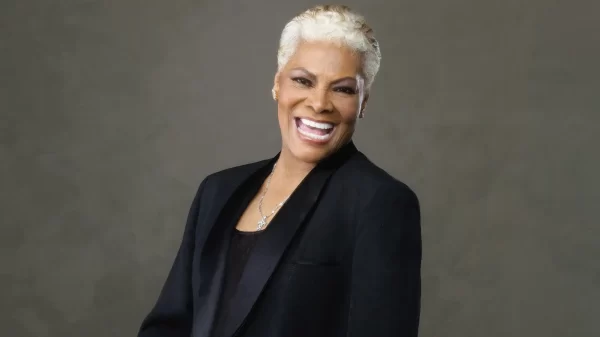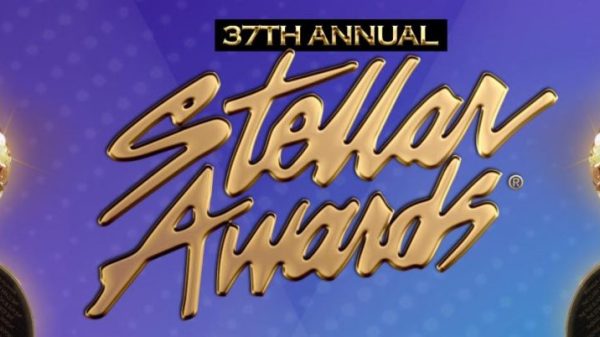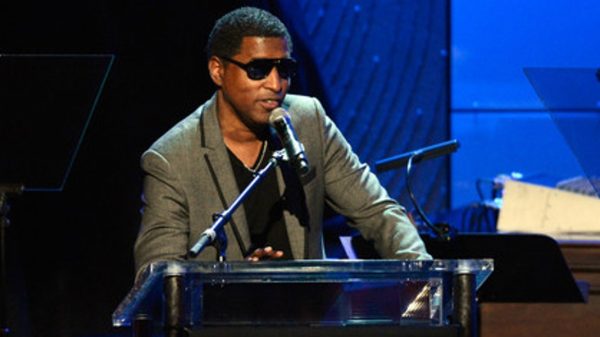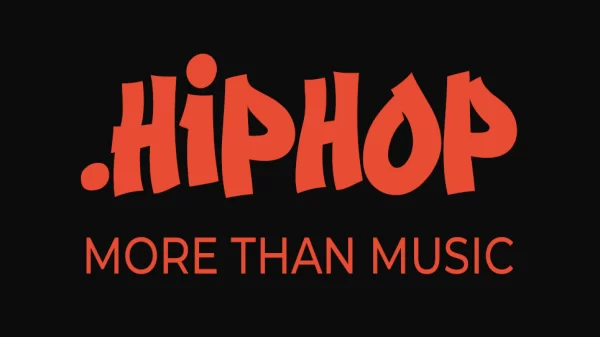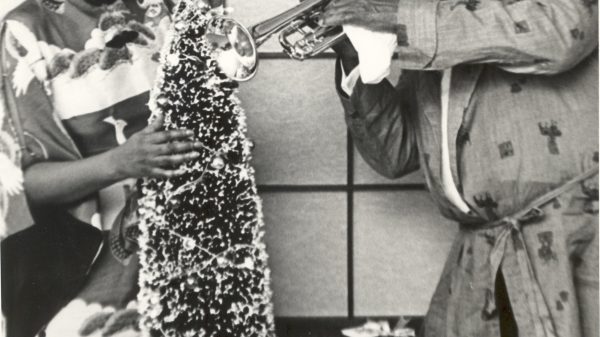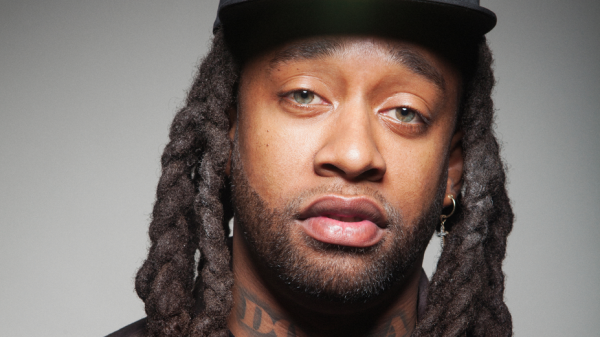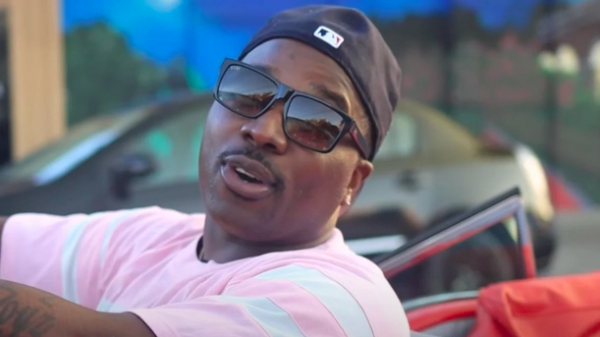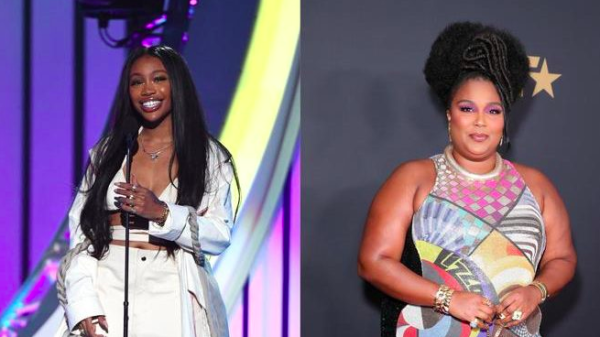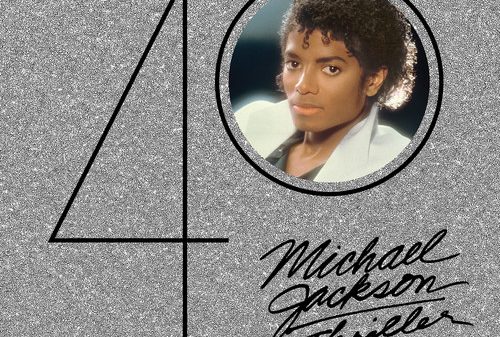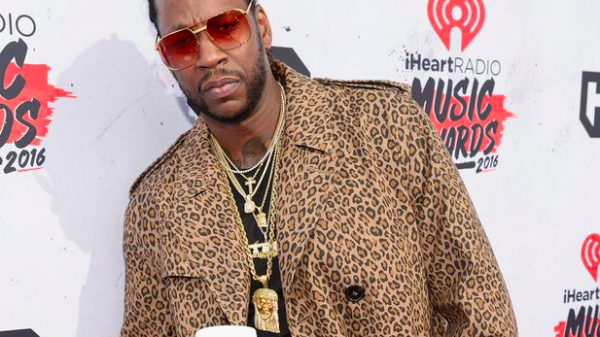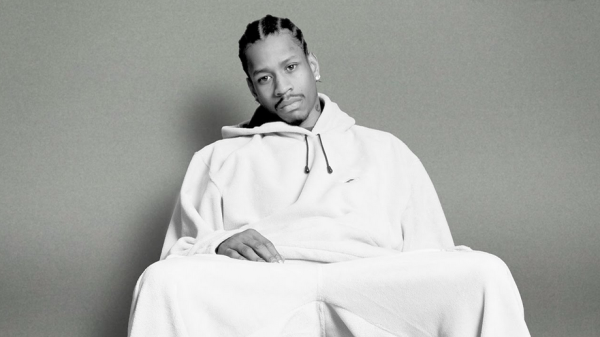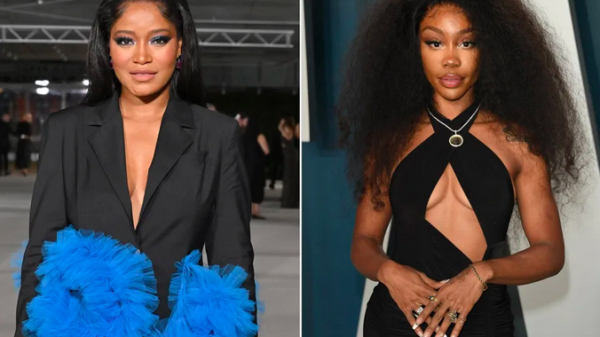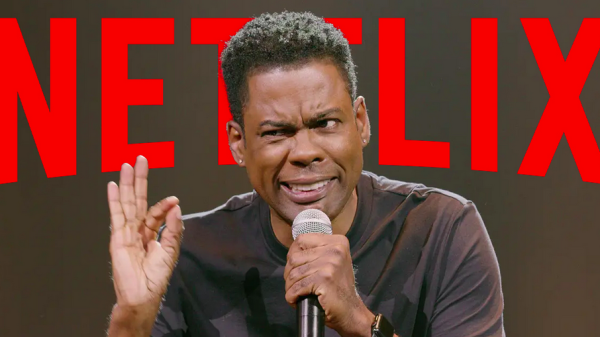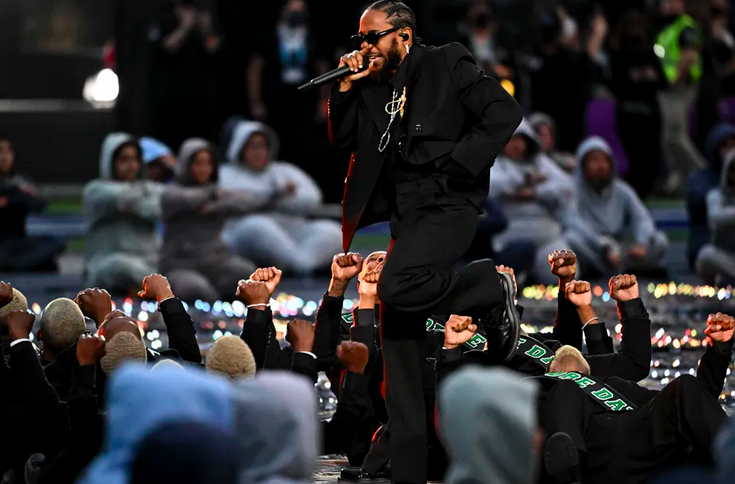After five years, Kendrick Lamar released his latest album Mr. Morale & the Big Steppers last week. One of its tracks immediately proved divisive among LGBTQ+ people.
“Auntie Diaries” features Lamar rapping in the first person about how he learned to embrace his family members’ gender transitions. To critics, the problems begin with the first line of the first verse: “My auntie is a man now.”
” ‘Auntie Diaries’ is really about Kendrick’s relationship with — not actually his auntie — but really his uncle,” said Raquel Willis, an author, activist and former executive editor of Out magazine.
Speaking to Morning Edition co-host Rachel Martin, Willis said she understood Lamar’s intention of “reckoning with both homophobia and transphobia, particularly within the Black community,” but found his execution confusing.
In the song, the Pulitzer Prize-winning rapper repeatedly says a slur commonly wielded against queer people. He also mixes up his relatives’ pronouns, and he “deadnames” them — using names that they no longer use.
“That felt jarring,” Willis said. “And I think maybe for a lot of other trans people it felt that way, because these are actual, real experiences we’ve had with family members who refuse to respect us and our identities, or have taken a long time to, kind of, evolve.”
“I said those f-bombs, I ain’t know any better,” Kendrick Lamar raps. “Mistakenly, I ain’t think that you’d know any different.”
The song is in keeping with the confessional style Lamar cultivates on Mr. Morale & the Big Steppers. The album art depicts him crowned with thorns, and he writes openly about struggles with a messiah complex and working it all out in therapy and in art.
The song culminates with Lamar standing up to a bigoted minister, asking, “Mr. Preacherman, should we love thy neighbor? The laws of the land or the heart, what’s greater?”
“That felt jarring,” Willis said. “And I think maybe for a lot of other trans people it felt that way, because these are actual, real experiences we’ve had with family members who refuse to respect us and our identities, or have taken a long time to, kind of, evolve.”
“I said those f-bombs, I ain’t know any better,” Kendrick Lamar raps. “Mistakenly, I ain’t think that you’d know any different.”
The song is in keeping with the confessional style Lamar cultivates on Mr. Morale & the Big Steppers. The album art depicts him crowned with thorns, and he writes openly about struggles with a messiah complex and working it all out in therapy and in art.
The song culminates with Lamar standing up to a bigoted minister, asking, “Mr. Preacherman, should we love thy neighbor? The laws of the land or the heart, what’s greater?”



